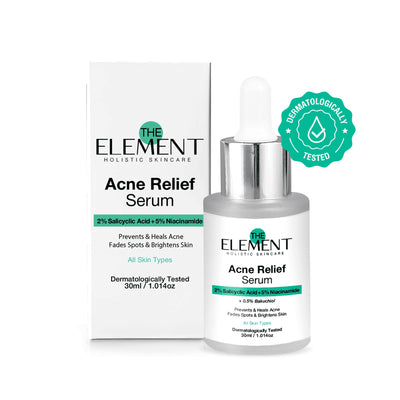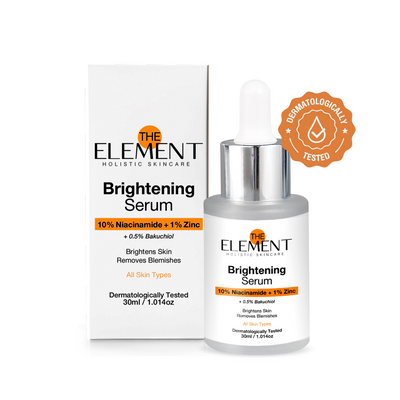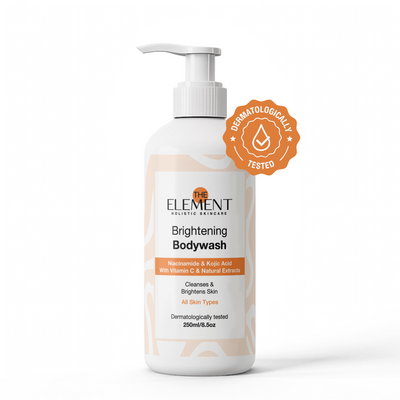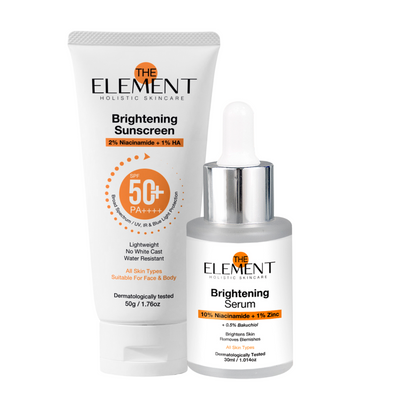Hyperpigmentation: Causes, Treatments, and Remedies for a Clearer Complexion
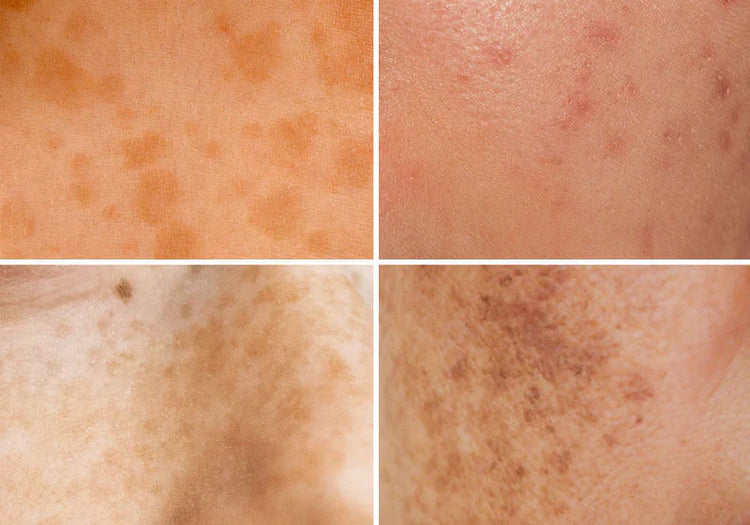
Introduction:
Hyperpigmentation is a common skin condition that causes dark patches or spots on the skin, often leading to an uneven complexion. Whether it’s caused by sun exposure, hormonal changes, or skin inflammation, hyperpigmentation on the face can be frustrating to deal with. But what exactly is hyperpigmentation, and how can it be treated effectively? In this article, we’ll explore the meaning of hyperpigmentation, its causes, and the best treatments, including creams, serums, and home remedies. If you’re looking for solutions to treat hyperpigmentation on your face, this guide has everything you need to know.
What Is Hyperpigmentation?
Hyperpigmentation refers to the darkening of certain areas of the skin due to an overproduction of melanin, the pigment responsible for skin color. It can appear as dark spots, patches, or an overall uneven skin tone.
Hyperpigmentation on Face: Meaning
Hyperpigmentation on the face means the presence of darkened areas caused by excess melanin. These patches can vary in size and are often more noticeable on the face due to its exposure to environmental factors like sunlight.
Causes of Hyperpigmentation
Understanding the causes of hyperpigmentation is crucial for effective treatment. Here are the most common reasons:
- Sun Exposure: UV rays stimulate melanin production, leading to sunspots and freckles.
- Hormonal Changes: Conditions like melasma are triggered by hormonal fluctuations during pregnancy or due to contraceptive use.
- Post-Inflammatory Hyperpigmentation (PIH): Dark spots that appear after acne, eczema, or skin injuries.
- Aging: Age spots, also known as liver spots, are a result of prolonged sun exposure over time.
- Medications: Certain drugs, such as chemotherapy agents or antibiotics, can cause pigmentation changes.
- Genetics: Some individuals are genetically predisposed to hyperpigmentation.
Hyperpigmentation on Face: Treatment Options
1. Topical Treatments
Topical treatments are often the first step in treating hyperpigmentation.
-
Hyperpigmentation Cream: Look for creams containing:
- Hydroquinone: A powerful skin-lightening agent that reduces melanin production.
- Kojic Acid: Derived from fungi, it helps brighten the skin.
- Vitamin C: An antioxidant that fades dark spots and protects against free radicals.
- Retinoids: Stimulate cell turnover and reduce pigmentation.
- Hyperpigmentation on Face Serum: Serums with active ingredients like niacinamide, alpha arbutin, and tranexamic acid are highly effective for targeting dark spots.
2. Medical Treatments
For more severe cases, dermatologists may recommend:
- Chemical Peels: Exfoliate the top layer of skin to reveal a brighter complexion.
- Laser Therapy: Targets melanin deposits to reduce pigmentation.
- Microdermabrasion: Removes dead skin cells and improves skin texture.
3. Hyperpigmentation on Face Home Remedies
Natural remedies can complement medical treatments:
- Aloe Vera: Contains aloin, which lightens pigmentation.
- Turmeric: Curcumin in turmeric has anti-inflammatory and brightening properties.
- Lemon Juice: A natural bleaching agent (use with caution).
- Green Tea Extract: Reduces melanin production.
Hyperpigmentation on Face Cream: Key Ingredients
When choosing a cream for hyperpigmentation, look for these ingredients:
- Hydroquinone: Known for its skin-lightening properties.
- Niacinamide: Reduces inflammation and brightens skin.
- Licorice Extract: A natural ingredient that inhibits melanin production.
- Tranexamic Acid: Effective for melasma and stubborn pigmentation.
Hyperpigmentation on Face: Home Remedies
For those who prefer natural solutions, here are some effective remedies:
- Potato Juice: Contains catecholase, which lightens dark spots.
- Cucumber: Soothes and brightens the skin.
- Papaya: Rich in enzymes that exfoliate and lighten pigmentation.
- Honey and Lemon Mask: Combines hydration with natural bleaching properties.
Hyperpigmentation on Face Serum: Recommendations
Serums are lightweight and penetrate deeply into the skin. Look for serums with:
- Vitamin C: Brightens and protects against free radicals.
- Alpha Arbutin: Reduces melanin production.
- Hyaluronic Acid: Hydrates and plumps the skin.
Benefits, Challenges, and Future of Hyperpigmentation Treatments
Benefits:
- Improved skin tone and texture.
- Boosted confidence and self-esteem.
- Prevention of further pigmentation issues.
Challenges:
- Some treatments may cause irritation or sensitivity.
- Results can take time and require consistency.
- Not all treatments work for every skin type.
Future of Hyperpigmentation Treatments:
Advancements in skincare technology, such as nanotechnology and personalized skincare, are paving the way for more effective and targeted treatments.
Hyperpigmentation on Face: Causes and Remedies
Causes:
- Sun Exposure: UV rays are the leading cause of hyperpigmentation.
- Hormonal Changes: Common during pregnancy or menopause.
- Skin Inflammation: Acne scars and injuries can leave dark marks.
Remedies:
- Sunscreen: Prevents further darkening of spots.
- Exfoliation: Removes dead skin cells and promotes cell turnover.
- Hydration: Keeps the skin healthy and reduces pigmentation.
How to Treat Hyperpigmentation Effectively
- Use Sunscreen Daily: Protect your skin from harmful UV rays.
- Incorporate Active Ingredients: Use products with vitamin C, retinoids, and niacinamide.
- Consult a Dermatologist: For severe cases, seek professional advice.
- Maintain a Healthy Lifestyle: A balanced diet and proper hydration can improve skin health.
Conclusion
Hyperpigmentation is a manageable skin condition with the right knowledge and treatments. Whether you’re dealing with dark spots, melasma, or post-inflammatory hyperpigmentation, there are numerous options available, from creams and serums to medical treatments and home remedies. By understanding the causes and choosing the right products with effective ingredients, you can achieve a clearer, more even-toned complexion.
If you found this guide helpful, share it with others or leave a comment below. For more skincare tips and advice, explore our related articles.
FAQ Section
1. What is hyperpigmentation?
Hyperpigmentation refers to the darkening of certain areas of the skin due to excess melanin production.
2. What causes hyperpigmentation on the face?
Common causes include sun exposure, hormonal changes, aging, and post-inflammatory hyperpigmentation.
3. How can I treat hyperpigmentation on my face?
Use sunscreen, incorporate active ingredients like vitamin C and retinoids, and consider professional treatments like chemical peels or laser therapy.
4. What ingredients should I look for in a hyperpigmentation cream?
Look for hydroquinone, kojic acid, niacinamide, and tranexamic acid.
5. Are home remedies effective for hyperpigmentation?
Yes, natural remedies like aloe vera, turmeric, and lemon juice can help lighten pigmentation over time.
6. What is the best serum for hyperpigmentation?
Serums with vitamin C, alpha arbutin, and niacinamide are highly effective.
7. Can hyperpigmentation be treated permanently?
With consistent care, professional treatments, and sun protection, hyperpigmentation can be significantly reduced or eliminated.
By addressing these common questions, you can make informed decisions about managing and treating hyperpigmentation effectively.

